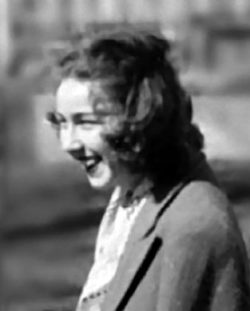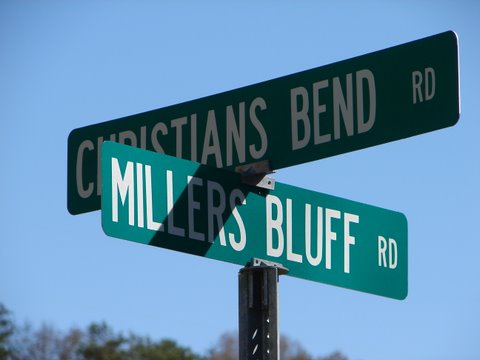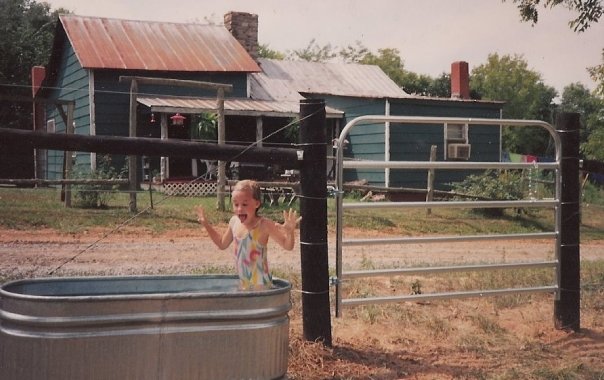Sorry, friends, I was flying all day yesterday and busy all day today so am just getting around to posting. I hope you’ve had a chance this week to pop over to AlltheChurchLadies.com There have been several wonderful pieces by the gals over there. I hope you’ll enjoy this interview with debut novelist, Robert Barclay, author of the soon to be released If Wishes were Horses :
Before he was a writer, Robert Barclay was a successful businessman and chairman of an industry-related consulting firm. His debut novel “If Wishes Were Horses” (William Morrow) is a tender story of love and redemption. Wyatt Blaine’s life is a mess. His wife and son were killed by a drunk driver and his beloved father, Ram, is suffering from Alzheimer’s. When Wyatt’s pastor asks him to meet with Gabby Powers, the widow of the drunk driver, Wyatt manages to put aside his own despair and help Gabby’s angry teenager, Trevor. Wyatt does this with the help of his father and through an equine therapy program called New Beginnings, which is exactly what they all need. Join author Karen Spears Zacharias as she visits with Robert Barclay about “If Wishes Were Horses” and the writer’s life:
Karen: “If Wishes Were Horses” is your first novel. How difficult was it for you to persuade the highly regarded agent Marly Rusoff to consider your work?
Robert: I am indeed fortunate to be represented by Marly. She is very selective, and she takes on very few new clients these days. One of the most difficult aspects for a prospective author is to know which agents are not only good, but which of them also represent the genre in which one writes. I used a very well-respected firm that provides that kind of information to prospective authors. Usually agents want to see only a query letter, the first chapter of your work, and perhaps a bio. But if the work is good, it will be found.
Karen: You wrote this novel after you retired and moved from New York to Florida. How does a businessman gain his literary legs? Did you join a writers group or take a class? Or did you just sit at the computer and begin pecking away?
Robert: You answered the question yourself. Yes, I did indeed just sit down and start pecking away. I had the basic idea, and as time went on it took sharper form, which helped the process to go easier. I don’t work from an outline, as do many authors. But that’s not to say that it’s easy. Another hard part of it is that one must have self-discipline. There’s no real boss, no time card to punch. So you have to buckle down and make sure that the work is both getting done, and done right.
Karen: In the opening chapter we learn that Wyatt’s son and wife are killed by a drunk driver. That mirrors some of your own family’s experience. Tell us about that.
Robert: Before my wife Joyce and I were married, she lost a son to a drunk driver. I knew I wanted to make that a part of my book, and living with someone who had experienced the same sort of tragedy made the writing both easier, and harder. Easier, because I had someone I could trust to tell me about the experience. But it was also harder, because it was so difficult to watch her as she dredged up those memories. Needless to say, I have much for which to thank her.
Karen: There are some who would be afraid to choose the church as a central setting for a story, given that we live in what is commonly called the Post-Christian era. Why the church?
Robert: I disagree that we’re in a Post-Christian era. Since its birth, Christianity has always waxed and waned; that’s just the nature of it. But to suggest that we’re in an era of Post-Christianity would be to say that it is dead, and that’s far from the truth. As for using the church, I wanted a focal point where both Wyatt and Gabby would occasionally run into one another, despite Wyatt’s long standing reticence to speak to her. Plus, I wanted the Reverend in the book, because he was needed to influence Ram into finally revealing his long held family secret to his sons Wyatt and Morgan.
Karen: You have several strong female characters in this story. Who are the strong females that have shaped your own life?
Robert: I never had a sister, so I would have to say that the two most influential women in my life have been my mother and my wife. My mother is still living, and she’s sharp as a tack. She and my wife Joyce are the two finest women I have ever known.
Karen: Gabby’s son, Trevor, reeling from the death of his own alcoholic father, discovers some healing through an equine therapy program. I just read a piece about a man on Dufuskie Island who said when he was 13 he was given a bull to tame, but he noted that the bull’s job was to tame him. Do you think horses can really tame an angry teen?
Robert: I think that it’s a symbiotic relationship. Because the horses used in equine therapy are already trained, the rider has no need to try and teach the animal anything further. On the other hand, because the horse is far more powerful than any rider, one must not only learn to control whatever innate fear that he or she might bring to the process, but also possess the discipline one needs to learn how to ride. So I would have to say that instead of the rider taming the animal, the rider must learn to tame himself. And process, I believe, closely mirrors Trevor’s experience.
Karen: I love the relationship between Trevor and Wyatt’s father, Ram. Were you particularly close to your own grandfathers? Why do you think kids often bond better with that older generation than they do with their own parents?
Robert: Although he passed when I was only eight years old, I was very close to my father’s father. His life had been rather hard and he had seen a lot, much of which he told me about. In fact, the entire “never wrestle in the mud with a pig” advice that Ram gives Trevor came straight to me from him. I think it’s that the greater sense of wisdom seniors possess is what attracts young people to them. I know that was the case with me.
Karen: Ram reminds me of the actor Sam Elliott. Did you have someone in mind when you wrote his character?
Robert: As a matter of fact, when I invented Ram, Sam Elliott was my model. He’s one of my all time favorites. Others that occurred to me where Clint Eastwood and Robert Loggia.
Karen: When you want to read a good book, what author do you reach for?
Robert: When one writes all day, reading a book is not the first recreational activity that springs to mind! What I really want to do at that point is to get out of house, and leave it all behind for a while! But when I do reach for a book, these days it’s usually a quick and easy read, like something from Robert B. Parker’s “Spencer” series, or some Mickey Spillane. I’m also a fan of biographies. It’s true what they say—-sometimes the truth is stranger than fiction. And it’s oftentimes more fun to read, I might add.
Karen: What’s your writing schedule?
Robert: I usually work from about ten a.m. until three p.m., Mondays through Fridays. During that daily time period, I can usually produce five or six pages of text. That works out to just a little more than one hundred pages per month. Given that my manuscripts run somewhere between three and four hundred pages, and the deadline between books usually about one year, that gives me time to pursue a few hobbies.
Karen: Have you had any mentors along the way?
Robert: My agent and editor figure most prominently in that regard. And my wife Joyce, who is also a published novelist. As soon as the pages come out of the printer she looks them over for me, and renders very valuable advice.
Karen: What are you working on next?
Robert: My next book is tentatively titled, “More Than Words Can Say”. It’s about a young, single woman in upstate New York, who learns that she has inherited an Adirondacks lakeside cabin from her recently deceased grandmother. On going to see it, she discovers her grandmother’s hidden journal from the summer of 1942, and we’re off. This has been a fun book to write, and the bold-faced truth is that I’m still trying to decide how to end it!















